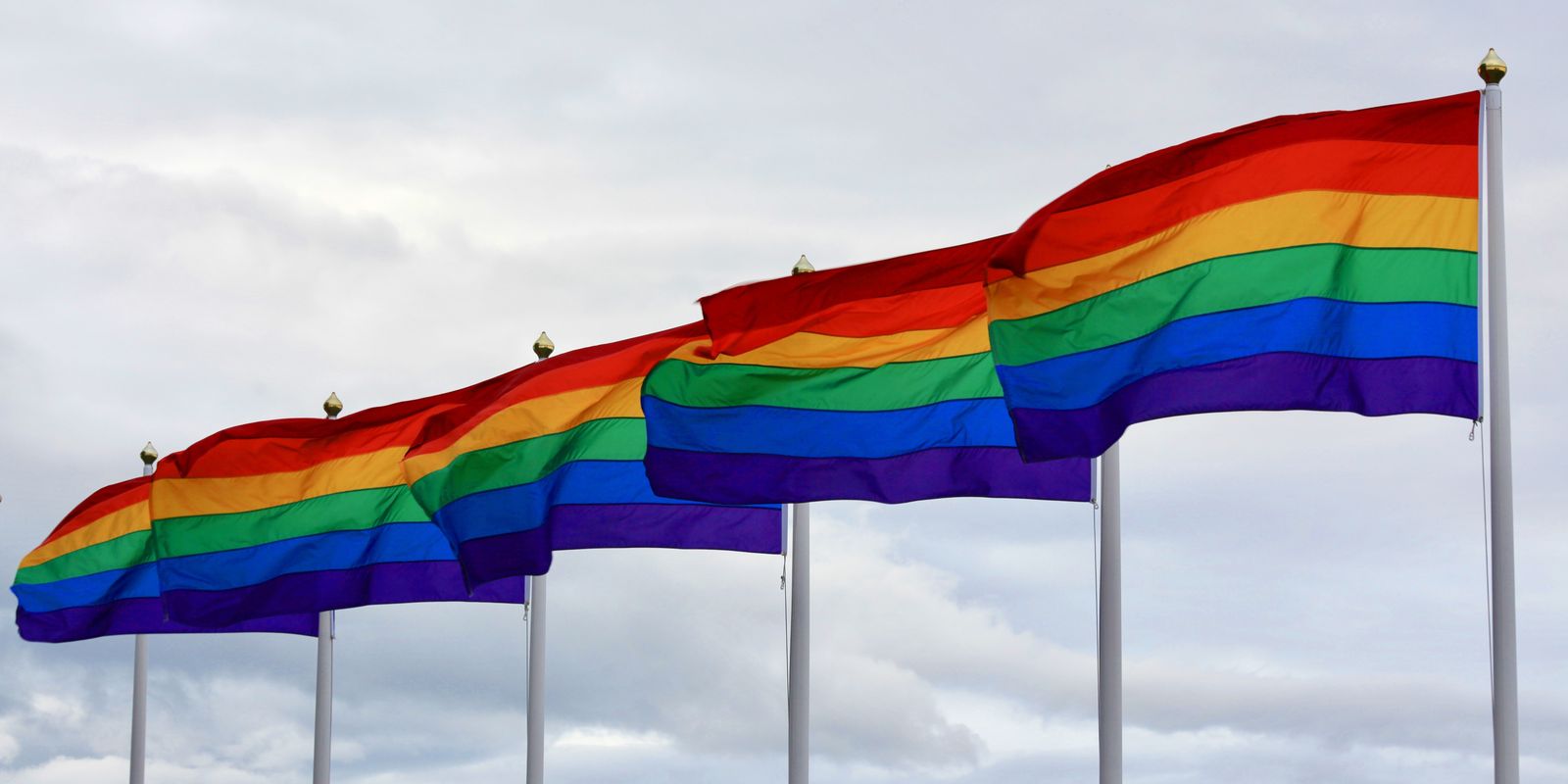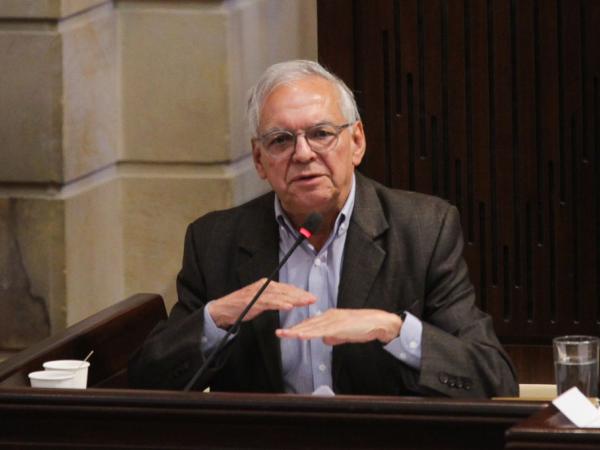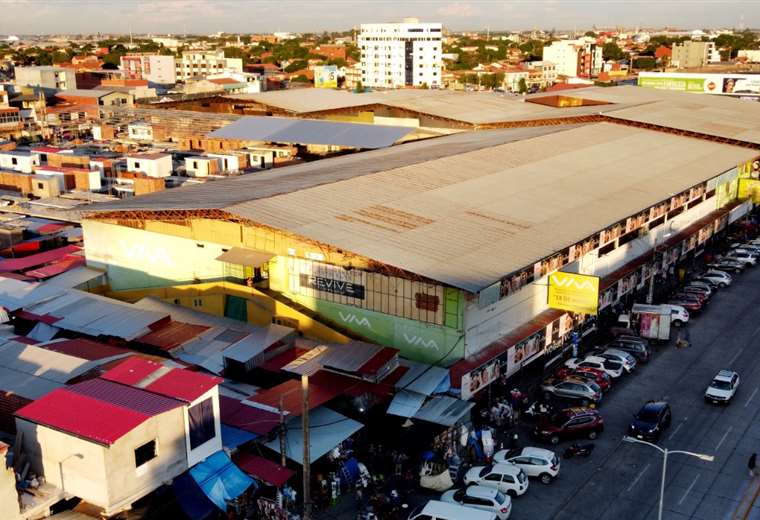Federal public bodies must use a standard form to assist LGBTQIA+ people, an acronym that represents the community of lesbians, gays, bisexuals, trans (transgenders and transvestites), queer, intersex, asexuals and other sexual orientations and gender identities. THE document was made available by the Ministry of Human Rights and Citizenship (MDHC) this Friday (6).
According to the National Secretariat for the Rights of LGBTQIA+ People, the standardization of data collection on this public aims to combat violence and ensure that access to information in public space occurs in an ethical and respectful manner.
The National Secretary for the Rights of LGBTQIA+ People, Symmy Larrat, explains that the form guides how data should be collected from this population in the government’s registration systems. “The standardization of questions directed at LGBTQIA+ people aims to guarantee access to reparatory and affirmative actions by public management and promote qualified and humanized care for these people.”
The inclusion of fields for identifying gender and sexual orientation in forms and information systems is considered fundamental to guaranteeing rights and developing public policies that are more appropriate for the LGBTQIA+ population, as prioritized by the president of the National Association of Transvestites and Transsexuals (Antra), Bruna Benevides. “Knowing how many we are and who we are is a basic measure for democracy and for the recognition of the citizenship of minority groups”, he says.
Data collection
The standard form presents a set of questions relating to gender identity, sexual orientation and sexual characteristics.
The document also draws attention to rights already achieved by the LGBTQIA+ population, such as the mandatory use of social names. The right guarantees a person to be recognized by the name with which they identify, with respect to their gender identity, regardless of the name on the civil birth registry.
Thus, all publications, called oral, or any other public activities carried out and which include people’s names, must adopt the citizen’s social name and not their civil name, in accordance with Decree No. 8,727, of 2016.
For the president of Antra, Bruna Benevides, the use of inclusive and prejudice-free language helps to create a more welcoming and respectful environment. “The social name is a policy that ensures the dignity of trans people and needs to be in all databases in a simplified form preceding the registered name”, when talking about the historical demand of the LGBTQIA+ movement.
Rights
Respectful treatment of LGBTQIA+ people in federal public bodies is a fundamental right and a legal obligation. Among the measures that promote inclusion and equity in the services provided are respect for gender identity and sexual orientation; equal access to public services, without any type of barrier or discrimination towards LGBTQIA+ people.
The spaces of public bodies must be safe and welcoming within public bodies for LGBTQIA+ people. Carrying out training for public servants and awareness campaigns about sexual and gender diversity helps professionals understand the importance of respect and inclusion.
Dial 100
The Human Rights Hotline, Dial 100, receives reports of violence. The free and anonymous service of the Ministry of Human Rights and Citizenship receives, analyzes and forwards reports of human rights violations. The service is available 24 hours a day, every day, including Saturdays, Sundays and holidays.















